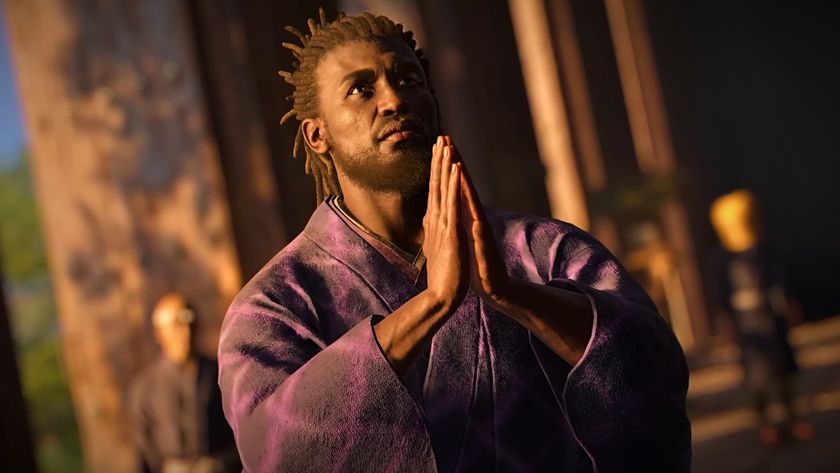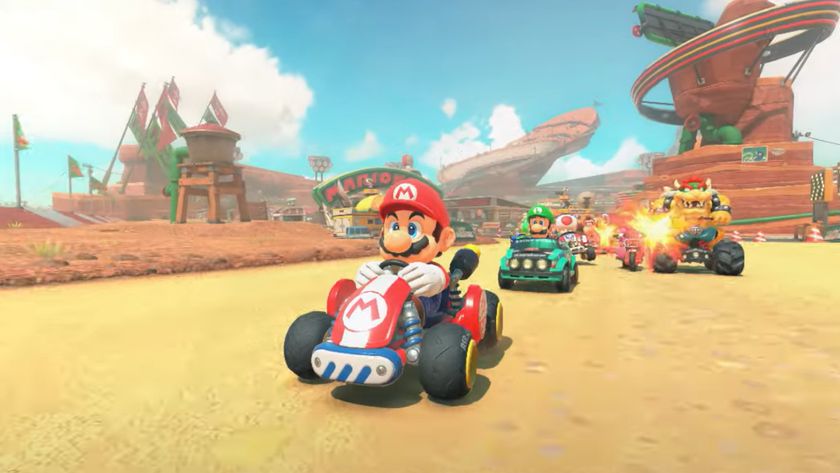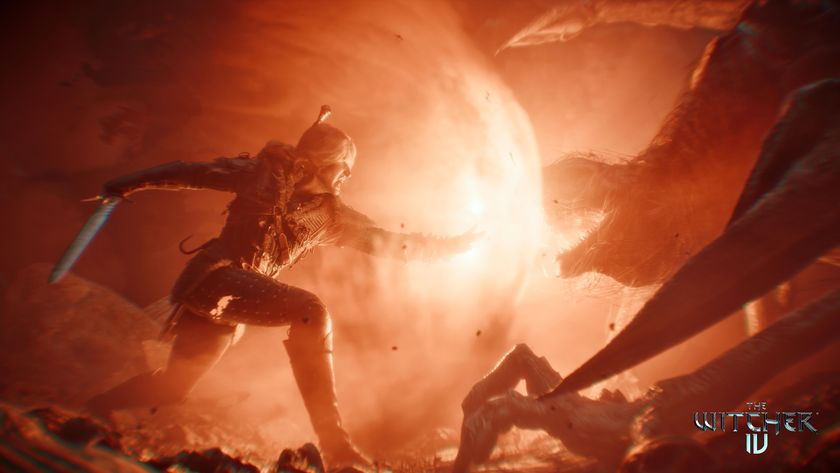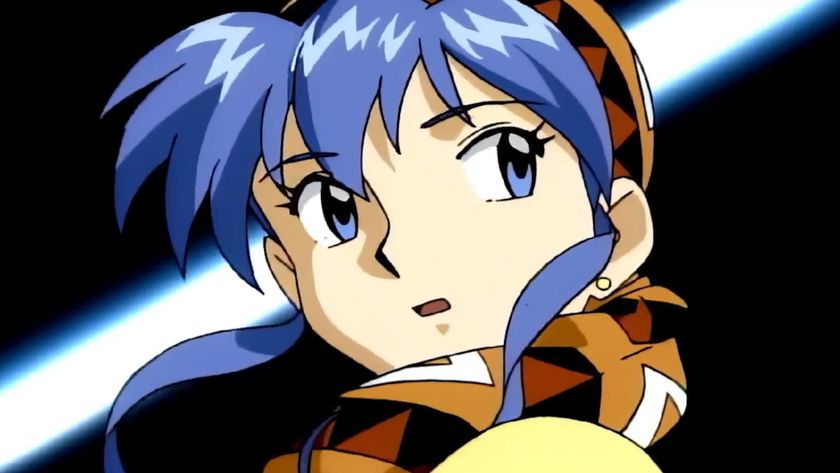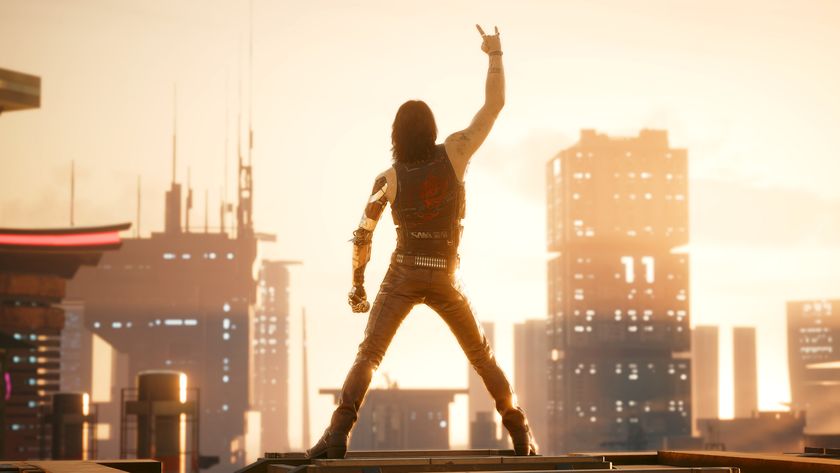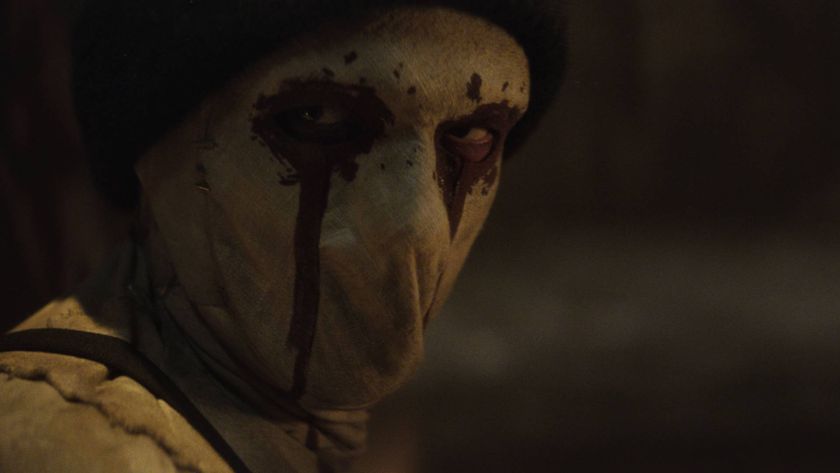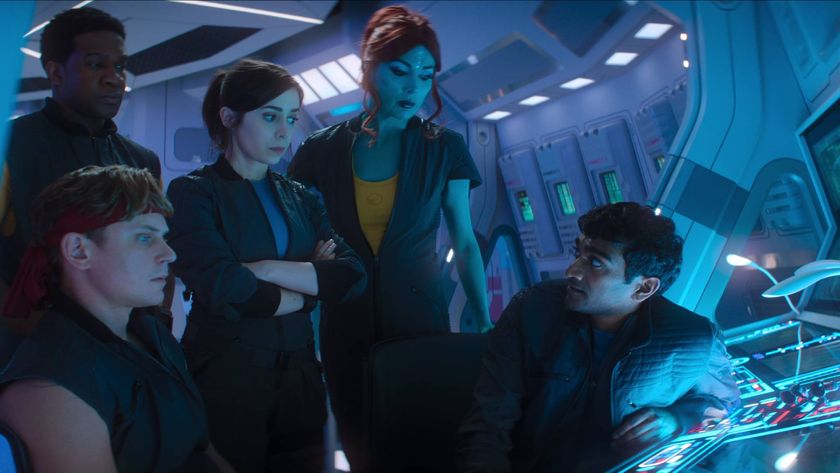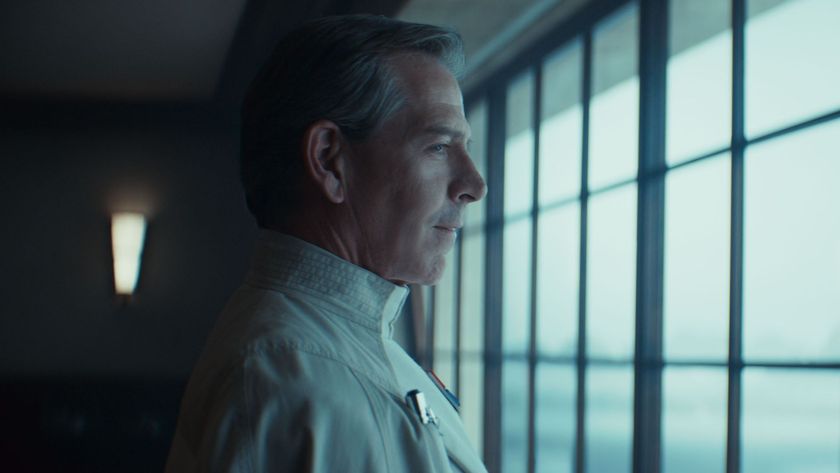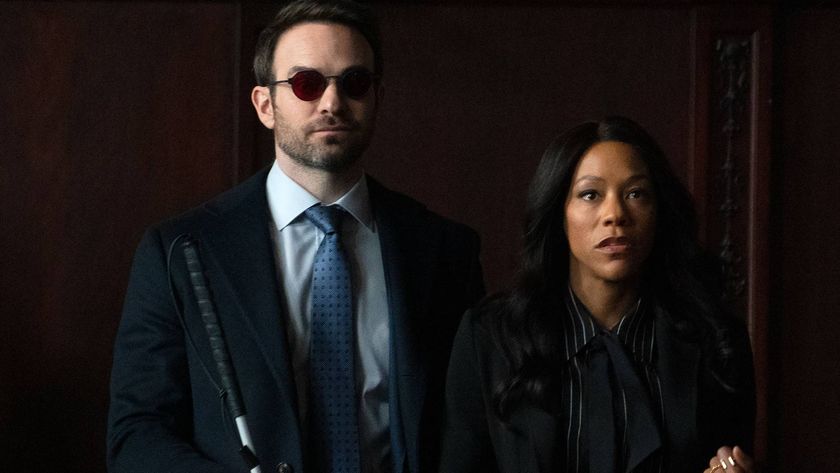Franchise Founders
The biggest games of the biggest names
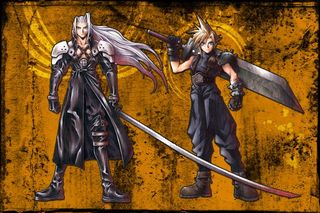
Final Fantasy VII(PlayStation - 1997 - 25 games, not counting remakes)
Oh why bother, you know exactly what this is.
Why it soared
Role-playing games were a niche of a niche before FFVII came along. You holed up in your room for hours at a time, playing alone not because you couldn't find anyone to hang with you, but because no one wanted to watch a bunch of cartoon characters knock numbers off of each other. Once VII hit the streets, people saw amazing, computer generated cutscenes that blew away anything they'd seen before. Those same people probably mistook the scenes for actual graphics, but even after they saw the triangle-haired Cloud moving across an ugly pre-rendered background, they were still hooked by the engrossing world and its magical inhabitants. It was a complete tour de force in every conceivable way, a true measure of the PlayStation's power and pure kryptonite to the Nintendo 64. This was a sign of things to come, with multi-disc storylines, elaborate side quests, in-game movies that you'd pay to see in a theater and production values that rivaled movies of the same time period. No one who played the previous six Final Fantasy games could have seen this coming, and people flocked by the millions to see what Square had accomplished.
What it did for the franchise
It's not like Final Fantasy was in trouble before VII came around. The first six games had done serious business in Japan, and the three that had made it to the US performed admirably as well. But after VII, this wasn't a niche anymore. It was the biggest franchise in an emerging genre, the best, the elite. Millions salivated over the insane summon attacks that literally tore the planet apart and, again, the rendered movies. Every single Final Fantasy game after this, even remakes of NES games, where possible, has included some form of CG film, occasionally to the point of excess. It also marked the end of the medieval era for Final Fantasy, ushering in a new age of cyber-punk civilizations and bizarre character designs. It's also become so impossibly popular that it's become its own franchise, with a vast number of side-sequels and spin offs already released and more on the way. Square has now become, for all intents and purposes, The Final Fantasy Company.
Who it inspired
Any RPG that aspired to sell a million copies and countless other games that started packing their stories with extensive cutscenes. Immediate competitors like The Legend of Dragoon looked like complete knock offs, while established franchises began to incorporate more CG scenes to make their product seem relevant. In a grander sense, FFVII made it possible for RPGs to get a crack at the mainstream, softening up the general populace for titles like Knights of the Old Republic and Oblivion. It's not too outrageous to suggest current successes like World of Warcraft owe a bit of gratitude to Cloud for making this genre part of the mass market - without it, there's a good chance the average gamer might never have even tried an RPG in the first place.
Sign up to the GamesRadar+ Newsletter
Weekly digests, tales from the communities you love, and more
A fomer Executive Editor at GamesRadar, Brett also contributed content to many other Future gaming publications including Nintendo Power, PC Gamer and Official Xbox Magazine. Brett has worked at Capcom in several senior roles, is an experienced podcaster, and now works as a Senior Manager of Content Communications at PlayStation SIE.
